Sleep apnea is a condition characterized by repeated interruptions in breathing during sleep, resulting in pauses that can last from a few seconds (hypopnea) to over a minute (apnea). These pauses, often accompanied by loud snoring or choking sounds, have a significant impact on sleep quality and overall health.
There are two main types: obstructive sleep apnea (OSA), the most common, caused by collapse of the upper airway, and central sleep apnea (CSA), related to failures in respiratory control by the central nervous system.
Risk Factors
The main risk factors for obstructive sleep apnea include:
Obesity: Excess weight, especially around the neck, increases pressure on the airways, making them more likely to collapse.
Age: Prevalence increases with aging due to loss of muscle tone.
Gender: Men are more likely to develop sleep apnea, although the risk in women increases after menopause.
Family History: Genetic predisposition is associated with airway anatomy.
Substance Use: Alcohol, sedatives, and tobacco can worsen the problem by overly relaxing airway muscles.
Symptoms
Symptoms include excessive daytime sleepiness, loud snoring, episodes of breathlessness during sleep, fatigue, difficulty concentrating, irritability, and, in severe cases, depression. These signs are often overlooked, being attributed to tiredness or stress.
Complications Associated with Sleep Apnea
Untreated sleep apnea can trigger a range of health complications, including:
Cardiovascular Diseases:
• Repeated interruptions in oxygen flow cause blood pressure spikes and increase the risk of hypertension.
• It is associated with the development of heart failure, arrhythmias, heart attack, and stroke. Lack of oxygen triggers an inflammatory response that worsens these conditions.Hypertension:
• Continuous stimulation of the sympathetic nervous system raises blood pressure both during sleep and throughout the day.Type 2 Diabetes:
• Sleep apnea is strongly correlated with insulin resistance. Sleep deprivation and physiological stress increase glucose levels, raising the risk of diabetes.Cognitive and Neurological Disorders:
• Patients may experience memory loss, difficulty concentrating, and reasoning problems. The risk of developing neurodegenerative diseases, such as dementia, may also increase.Depression and Anxiety:
• Sleep deprivation affects the brain’s chemical balance, worsening or triggering psychiatric disorders. Patients with sleep apnea are often diagnosed with depression or anxiety even before the respiratory problem is identified.Accidents and Injuries:
• Daytime sleepiness increases the risk of traffic and workplace accidents, with sleep apnea being a significant factor in many cases. Reduced reaction time and concentration can have fatal consequences.
Diagnosis and Treatment
Diagnosis is usually made through polysomnography, a test that evaluates various functions during sleep, such as airflow, oxygen levels, chest movement, and brain activity.
In less complex cases, overnight oximetry can also be used.
Treatment includes:
Lifestyle Changes: Weight loss, quitting tobacco and alcohol, and regular physical exercise.
CPAP (Continuous Positive Airway Pressure): A device that keeps the airways open through continuous air pressure.
Surgery: Procedures to correct anatomical obstructions, such as uvulopalatopharyngoplasty.
Oral Devices: Used to reposition the jaw and tongue during sleep, facilitating breathing.
In summary, sleep apnea is an underdiagnosed condition with serious health consequences. Early identification and treatment are essential to improve quality of life, prevent cardiovascular and metabolic complications, and reduce risks associated with daytime sleepiness.
Raising awareness among the general population and healthcare professionals is crucial for early diagnosis and effective management of this condition.
If you identify any of the symptoms described above, consult an experienced healthcare professional for proper evaluation and guidance on the next steps.


